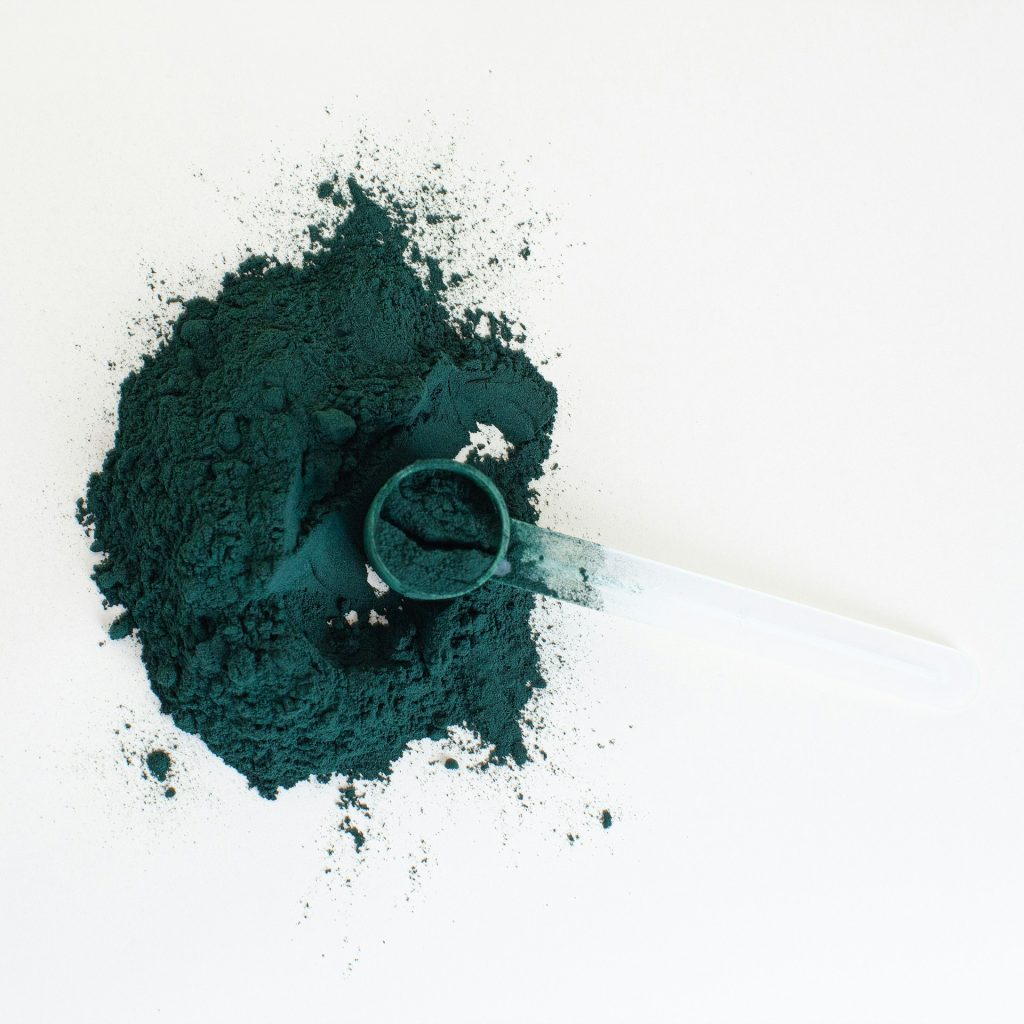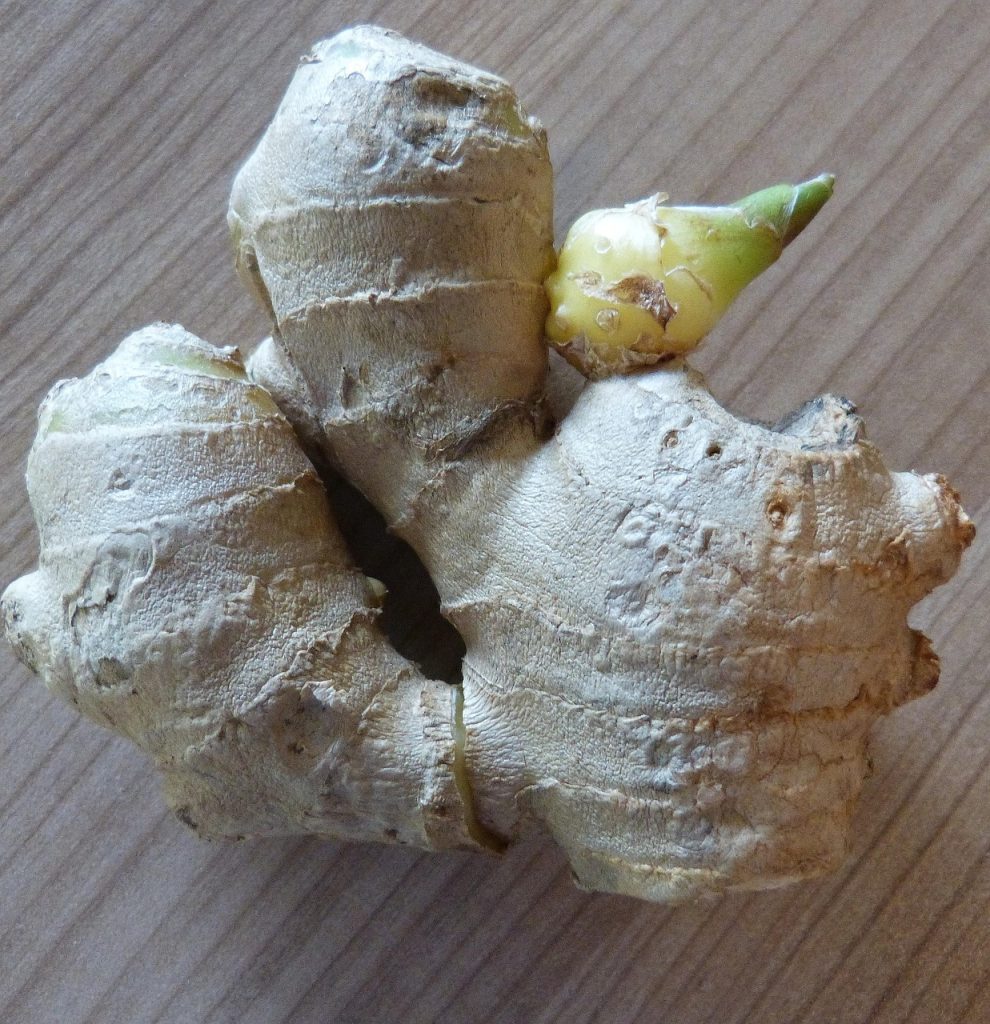Natural antihistamines might be a better option than synthetic ones because synthetic ones are not suitable for long-term use, they become less effective or stop working, they can make you drowsy especially when a higher dose is taken, and in rare cases they can cause liver damage over time. Natural antihistamines have anti-inflammatory properties and many other health benefits that synthetic antihistamines don’t have. Let’s explore the most common ones:
- Black cumin seeds, which I sprinkle over food or add to a protein shake. It is scientifically proven that they stop histamine release and lower inflammation. One study found that Nigella sativa (black cumin) seed extract alleviates symptoms of allergic diarrhoea in mice and might be a promising candidate for nutritional interventions in humans suffering from food allergies.
- Ginger is an Asian herb that helps reduce the release of histamine and boosts the immune system, which further reduces allergy symptoms. You can use it in meals, stews and soups, or chop it into slices, cook them in water for about 20 minutes and keep the water in the fridge. You could also try making ginger sweets.
- Spirulina is a type of algae that grows in fresh or salt water. It is available as a supplement in tablet or powder form. I prefer tablets to avoid unnecessary fillers. I found that the best time to take it is in the morning, as it can cause insomnia if taken later on. It gives me the energy and strength I need for a good workout. There is also a study in which spirulina was compared to Cetirizine. The results state: ‘Spirulina is more effective than Cetirizine in improving the cardinal symptoms of patients with AR (Allergic Rhinitis). Furthermore, spirulina can be considered an alternative treatment for patients with AR.’ It’s also packed with minerals, nutrients and protein.
- Water. Yes, you read that right: drinking a big glass of pure water before eating at a restaurant or consuming high-histamine foods such as chicken or fish significantly reduces the symptoms.
There was a study where they compared effects of ginger with Loratadine. The stats results states : “The ginger extract is as good as loratadine in improving nasal symptoms and quality of life in AR patients. However, ginger extract caused less side effects especially, drowsiness, fatigue, dizziness and constipation. Therefore, the ginger extract could be used as alternative treatment for patients with AR”.
How is your experience with natural antihistamines?
Resource:
https://pmc.ncbi.nlm.nih.gov/articles/PMC3387213/





Leave a Reply